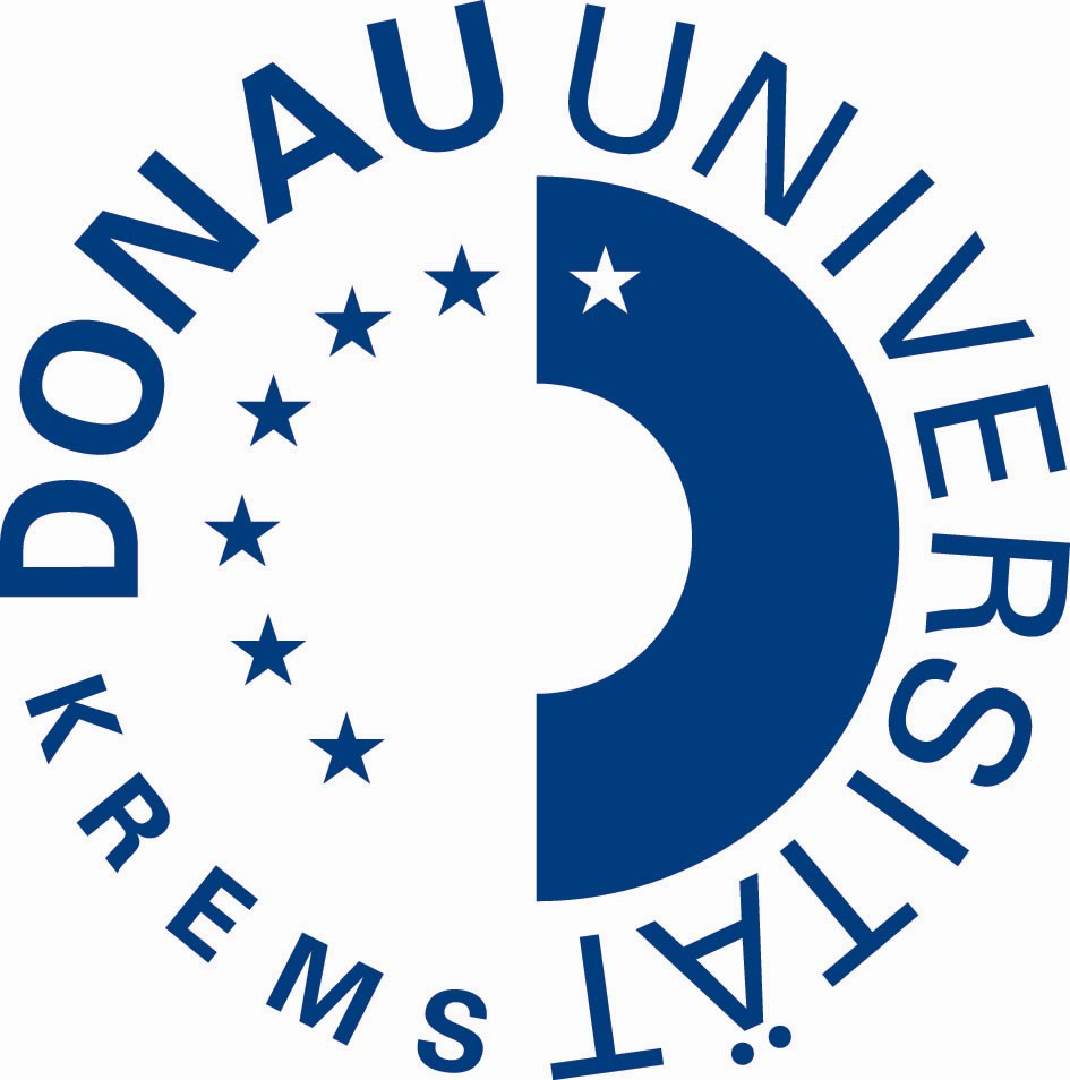To teach the students the theories of the social sciences (Urban and Rural Sociology, Urban and Regional Economics and Urban and Human Geography) for analyzing human settlements - their evolution, growth & development and incorporating them while planning of human settlements at the rural, urban and regional levels.
Informal Housing Environment and Health
Description [what is the course about, aims, etc.]
In the Indian context health issues and the mariginal housing are inseperable. Keeping this view in mind it is aimed at creating an awareness at various levels to measure and deal with existing issues and tackle scientifically at grass root levels through suitable policies, programmes and agencies.
Learning Outcomes [statements about knowledge, skills and competencies of students]
["Learning outcomes are statements of what a learner is expected to know, understand and/or be able to demonstrate after completion of a process of learning." Further explanations on learning outcomes can be found here, here, or here.]
After completion of this course:
- Students will be able to ...??... in order to ...??...
- adsf
- asdf
- asdf
Student Workload [time a student is expected to spend on the course, both in hours and in ECTS (25 hours ~ 1 ECTS)]
[how does you institution calculate the workload of students for this course, e.g. in % of academic year; how would this translate into ECTS]
On average, a student is expected to spend a total of about x hours (~ ? ECTS) for this course, summing up all class time, reading time and time for assignments.
Course Structure [frequency, duration, format, etc.]
???
Prerequisites [requirements for participation]
[Prerequisites for participation, e.g. this class has no prerequisites, limited number of places decided by ..., prior to enrolment course xy has to be completed]
The course has the following prerequisites ...
Assignments [tasks, homework, tests, expected activities of students, etc.]
????
Grading [assessment criteria and their weight]
|
activities |
percentages |
|---|---|
| participation | 20% |
| contribution collective exercise | 30% |
| etc. |
Course evaluation [how does your institution evaluate the quality of the course]

